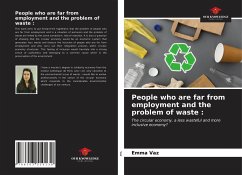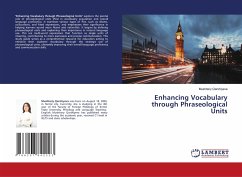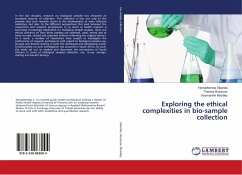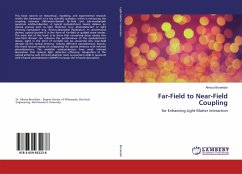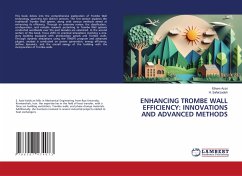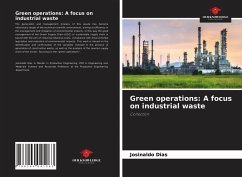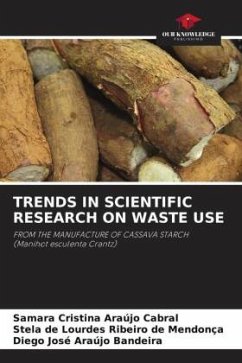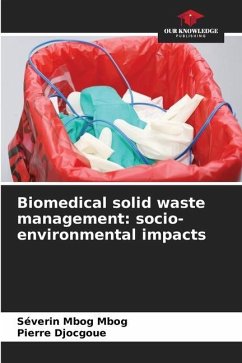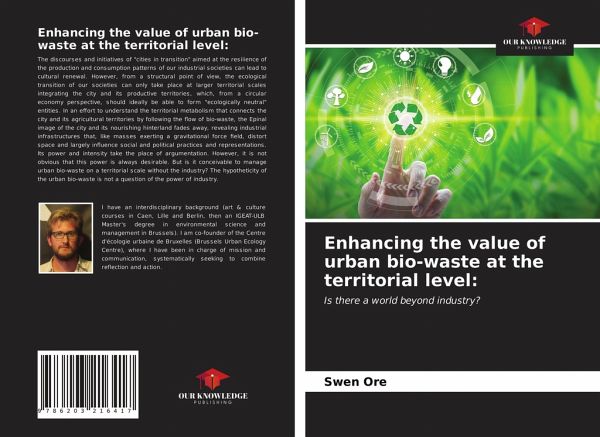
Enhancing the value of urban bio-waste at the territorial level:
Is there a world beyond industry?
Versandkostenfrei!
Versandfertig in 1-2 Wochen
36,99 €
inkl. MwSt.

PAYBACK Punkte
18 °P sammeln!
The discourses and initiatives of "cities in transition" aimed at the resilience of the production and consumption patterns of our industrial societies can lead to cultural renewal. However, from a structural point of view, the ecological transition of our societies can only take place at larger territorial scales integrating the city and its productive territories, which, from a circular economy perspective, should ideally be able to form "ecologically neutral" entities. In an effort to understand the territorial metabolism that connects the city and its agricultural territories by following ...
The discourses and initiatives of "cities in transition" aimed at the resilience of the production and consumption patterns of our industrial societies can lead to cultural renewal. However, from a structural point of view, the ecological transition of our societies can only take place at larger territorial scales integrating the city and its productive territories, which, from a circular economy perspective, should ideally be able to form "ecologically neutral" entities. In an effort to understand the territorial metabolism that connects the city and its agricultural territories by following the flow of bio-waste, the Epinal image of the city and its nourishing hinterland fades away, revealing industrial infrastructures that, like masses exerting a gravitational force field, distort space and largely influence social and political practices and representations. Its power and intensity take the place of argumentation. However, it is not obvious that this power is always desirable. But is it conceivable to manage urban bio-waste on a territorial scale without the industry? The hypotheticity of the urban bio-waste is not a question of the power of industry.




